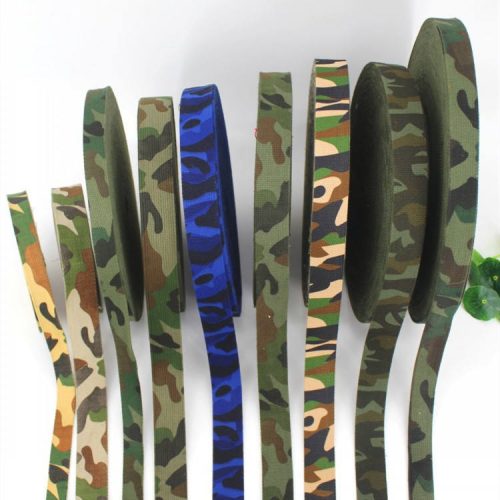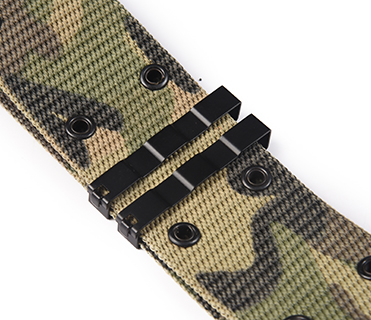Yes, cotton webbing can be a sustainable choice for accessories due to its natural origin and eco-friendly properties. Here’s how cotton webbing contributes to sustainability in accessory design:
- Renewable Resource: Cotton is a plant-based fiber that is renewable and can be cultivated annually, making it a sustainable choice compared to non-renewable resources like fossil fuels used in synthetic materials.
- Biodegradability: Cotton webbing is biodegradable, meaning it will break down naturally over time without leaving behind harmful microplastics or contributing to long-term pollution.
- Lower Carbon Footprint: The production of cotton generally has a lower carbon footprint compared to the production of synthetic materials. Synthetic materials often involve energy-intensive processes, while cotton production relies on photosynthesis.
- Reduced Chemical Use: Organic cotton, which is grown without the use of synthetic pesticides or fertilizers, can further reduce the environmental impact associated with cotton cultivation. This can help protect soil health, water quality, and the well-being of agricultural workers.
- Eco-Friendly Dyeing: Cotton fibers readily absorb natural and eco-friendly dyes, which can minimize the use of harmful chemicals in the dyeing process. This can result in accessories that are both aesthetically pleasing and environmentally responsible.
- Supporting Sustainable Farming Practices: Choosing cotton webbing that comes from suppliers or manufacturers that prioritize sustainable and ethical practices can contribute to supporting responsible farming and production methods.
- Circular Economy Potential: Cotton webbing can be repurposed, upcycled, or recycled into new products, contributing to a more circular economy where materials are reused rather than disposed of after a single use.
- Reduction of Microplastics: Unlike synthetic materials that shed microplastics when washed, cotton webbing does not contribute to the issue of microplastic pollution in water bodies.
- Local and Artisanal Production: Using cotton webbing in locally crafted accessories can support local economies and reduce the environmental impact associated with long-distance shipping and production.
- Natural Aesthetics: The rustic and natural appearance of cotton webbing can align well with sustainable and eco-friendly design aesthetics, communicating the values of environmentally conscious consumption.
While cotton webbing offers sustainability benefits, it’s important to note that the overall sustainability of a product depends on various factors, including the entire lifecycle of the accessory, the production processes, and the practices of the manufacturer. To ensure the highest level of sustainability, consider factors such as organic certification, fair labor practices, and responsible sourcing when selecting cotton webbing for your accessories.


